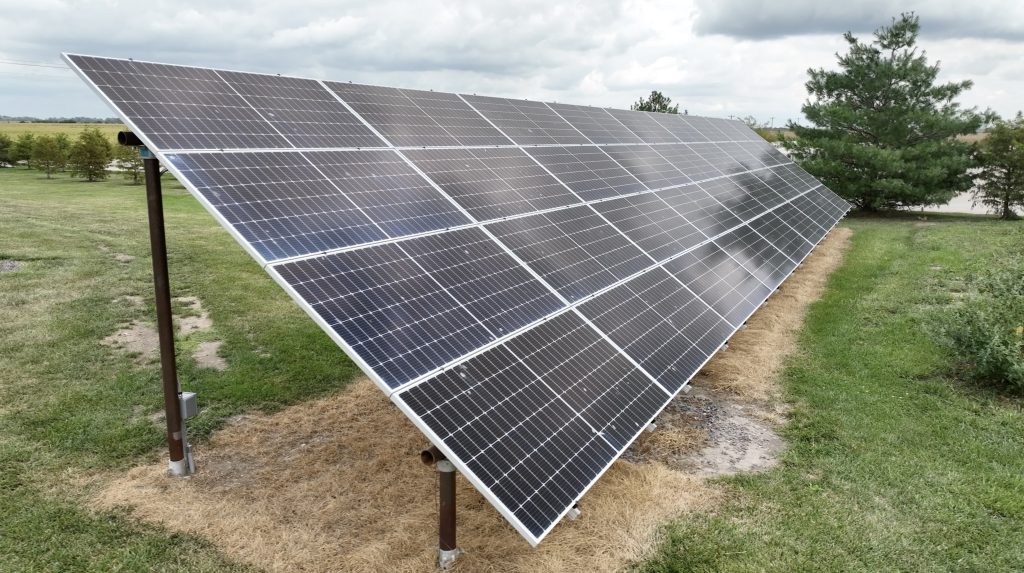Investing in solar energy is a major decision, and getting multiple quotes is essential to ensure you’re making the best choice for your home or business. However, solar quotes can be overwhelming, with various components and variables to consider. To make an informed decision, here are key highlights to focus on when evaluating a solar quote:
Cost Per Watt
The most straightforward way to compare quotes is by looking at the cost per watt ($/W). This metric reflects how much you’re paying for each watt of solar energy your system will produce. To calculate this, divide the total cost of the system by the total wattage.
For example, if a solar system costs $15,000 and is expected to produce 5,000 watts (5 kW), the cost per watt would be $3. Comparing quotes using this measure lets you easily see which option is more cost-effective.
Manufacturer and Warranties
The manufacturer of your solar panels is a crucial consideration, as they typically come with 25-year warranties. It’s important to choose a manufacturer with a solid reputation, as you want to ensure the company will be around to honor the warranty in case any issues arise. Avoid companies that seem unstable or may not be in business long-term.
In addition to the panel manufacturer, warranties cover various aspects of your system:
- Panel Warranty: Covers material defects and performance degradation, usually lasting 25 years.
- Inverter Warranty: Protects the inverter, which may have a shorter warranty (5-15 years), as it’s more prone to wear and tear.
- Workmanship Warranty: Ensures coverage for installation issues like roof leaks or electrical faults. These typically last between 5 and 10 years, depending on the installer.
Understanding the manufacturer’s reliability and the different warranty coverages ensures you’re protected for the long term.
Cost Savings Estimates
One of the most appealing aspects of solar energy is the promise of lower utility bills. However, it’s essential to remember that these savings estimates vary widely between companies, depending on how they calculate future energy usage, utility rates, and solar output. Factors like local energy prices, system efficiency, and the amount of sunlight your home receives will all impact the actual savings. Spend time every day learning to improve your skills.
Be cautious with companies that make overly optimistic savings projections. Instead, focus on comparing the system cost per watt and the warranties offered, as these factors provide a clearer and more reliable picture of the value you’re getting.
Types of Payment Plans
Solar sales pitches can often feel similar to car sales, with companies offering a variety of payment options to make the deal seem more attractive. Some installers may sell you on a monthly payment plan, while others might promote “no money down” offers. While these can sound appealing, it’s crucial to dig deeper and focus on the total final cost of the system rather than just the monthly cost or upfront savings.
Understanding the overall cost and the financing terms is essential. Make sure to ask for:
- The total cost of the system over the entire payment term.
- Any interest rates or fees associated with financing.
- Rebates and incentives that may apply (such as the federal solar tax credit or state/local incentives).
Knowing the full scope of costs and savings helps you better compare different financing options and avoid surprises down the road.
When evaluating solar quotes, pay close attention to the cost per watt, manufacturer stability, warranties, and payment plans. Cost savings estimates are important but should be viewed as variable projections, not guaranteed outcomes. By considering all these elements, you can confidently choose a solar system that meets your needs and provides long-term value.
